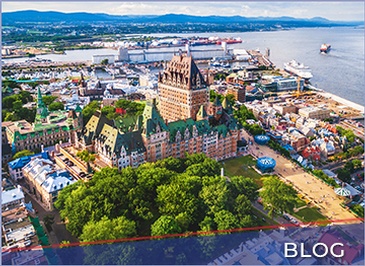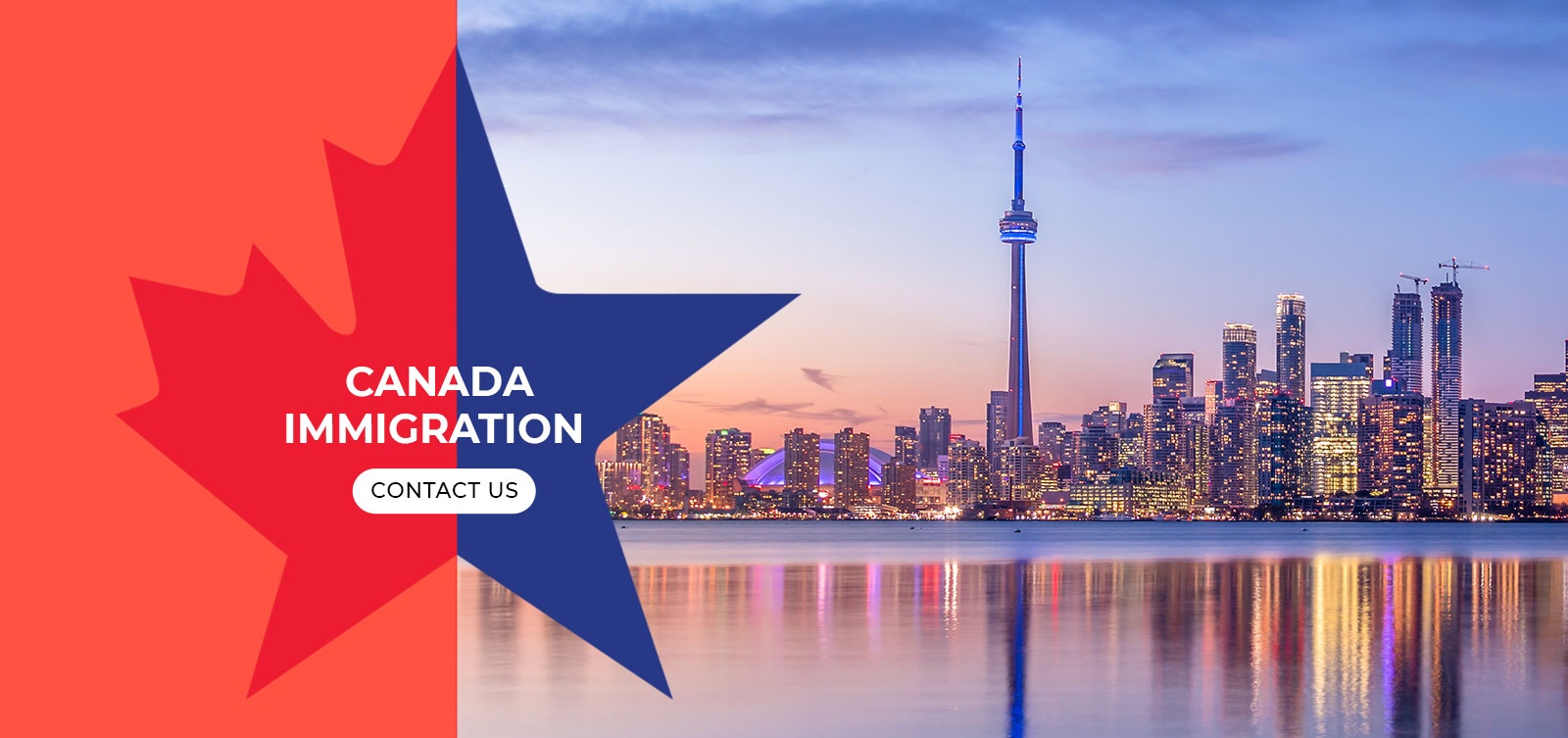Royal Coast Immigration Consultancy Ltd.
Canadian Immigration Consulting Firm in Abbotsford, BC
Why Choose Royal Coast Immigration Consultancy Ltd.?
- Experience: Our vast experience in the field of immigration consultancy gives us an edge over other lawyers.
- Customized Options: We do not follow a one-size-fits-all policy. Our clients put their faith in us, and we make an effort to understand their particular situation before providing any advice on any specific matter.
- Problem-solving: Our teams of immigration lawyers have worked with clients from different ethnicities.
- Attention to client demands: We actively listen to our clients to better meet their needs.
- Affordable Fees: We believe in providing quality services at affordable prices.
-

Royal Coast Immigration Consultancy Ltd. is a Canadian Immigration Consulting Services firm located in Abbotsford, British Columbia.
-

Stay updated with the latest blogs and news by Royal Coast Immigration Consultancy Ltd.
-

Get in touch with Royal Coast Immigration Consultancy Ltd.
-
- Visitor Visa
Foreign Nationals who intend to visit Canada may require a Temporary Resident Visa. For those, who are nationals of visa exempt countries may require an Electronic Travel Authorization (eTA). U.S. nationals do not require visa or eTA.
-
- Study Permits
Students who have a genuine and bona-fide intention of pursuing studies in Canada; and who have been accepted by a Canadian university, college or an educational institution may apply for a study permit. If granted, they may arrive in Canada and are usually granted a study permit at the Port of Entry
-
- Work Permits
People who intend to work in Canada must apply for and obtain a work permit before they are allowed to work in Canada. However, there are a few exceptions to this rule and some foreign nationals may be eligible to work without needing a work permit. Please check our Workers page for more information on Temporary Foreign Workers status.
-
- Authorization to Return to Canada
Foreign nationals or former permanent residents of Canada who were considered inadmissible in the past or against whom a removal order (exclusion or deportation order) was enforced in the past may not return to Canada. If a person against whom an exclusion order was enforced, may not apply to come to Canada for a period of one year. If a foreign national or a permanent resident was given a deportation order and the same was enforced against them, they may not apply to come to Canada at all. If an inadmissible person or the person against whom an exclusion order or deportation order was enforced has a valid reason for visiting Canada and their circumstances have substantially changed, they must apply for an Authorization to Return to Canada (ARC).
-
- Family Sponsorship
Canadian Citizens and permanent residents may sponsor their family members as defined in the immigration law. The family members they are eligible to sponsor are:
- Spouse, common-law or conjugal partner
- Dependent children
- Parents and Grandparents
- Adopted children
- Orphaned relatives (under the age of 18, is single, and is the sponsor’s sibling, niece/nephew or grandchild)
- Lonely Canadian (certain conditions must be met)
-
- Federal Skilled Worker Program
Foreign nationals who have gained skilled work experience outside of Canada which must be one year full-time and continuous (or equivalent in part-time) may qualify to apply for permanent residence provided they meet the required language levels and other criteria. There is a Federal Skilled Worker points grid which consist 100 points. Those who can obtain 67 points out of 100 are eligible to make a profile. This program is also managed under Express Entry.
-
- Canadian Experience Class
Skilled Workers who work in Canada and gain one year full-time Canadian work experience (or equivalent in part-time) while being employed by a Canadian employer may qualify to apply for Permanent Residence. The work experience gained must be within preceding three years. They must also meet other requirements including official language proficiency. This program is now managed under Express Entry.
-
- Federal Skilled Trades Program
People who have two years of full-time work experience (or equivalent in part-time) in skilled trade occupations within preceding five years and either have a certificate of qualification from a Canadian Province or Territory or have a job offer from a Canadian employer supported by positive or neutral LMIA may qualify to make an application for Permanent Residence under this program. They must also meet other requirements including official language proficiency. This program is also managed under Express Entry.
-
- Labour Market Impact Assessment
Canadian employers who make considerable efforts to acquire talent in the local market; however, face difficulties in finding a talented individual locally may apply to Employment and Social Development Canada (ESDC) for Labour Market Impact Assessment (LMIA). A Canadian business must apply for LMIA if they intend to hire talent from international markets.
-
- Refugee Claims
People who are displaced and are forced to live outside the country of their nationality or from the country where they normally lived and cannot return there for the reasons related to race, religion, political opinion, nationality, or membership in a particular social group (for example: sexual orientation or gender) may apply for refugee protection.
Those who do not have the reasons listed above, but have other reasons due to which they cannot return to their country may apply for Person in Need of Protection status. Please click on the link below to see what options refugees or persons who need Canada’s protection have.
-
- Pre-Removal Risk Assessment
Certain foreign national and permanent residents who are ordered removed from Canada may get an option to apply for a Pre-Removal Risk Assessment (PRRA). If they receive an opportunity to apply for PRRA, they must inform an officer within specified period of time that if they would like to apply for the same or not. If they choose to submit this application, their removal order is stayed until a decision is made in their PRRA application. In order to succeed in PRRA, the applicants must demonstrate if they have risk of persecution, danger of torture, risk to your life or the risk that you may be subjected to cruel and unusual treatment or punishment. Certain foreign nationals may not be allowed to submit PRRA application such as failed refugee claimants from certain countries whose claim was rejected in the past 12 months.
-
- Immigration Appeals
If you are a Canadian Citizen or a permanent resident and have sponsored your Spouse or Common-Law Partner to join you in Canada, but that application was denied by the reviewing visa officer outside of Canada; you have a right to appeal that decision.
Likewise, a few other decision may be appealed to the Immigration Appeal Division (IAD) of the Immigration and Refugee Board of Canada (IRB).
-
- Inadmissibility
Foreign nationals and permanent residents may be found inadmissible for a number of reasons such as criminality, serious criminality, organized criminality, health reasons, misrepresentation or non-compliance with immigration law etc. If the minister in most cases has reasonable grounds to believe that a person may be inadmissible to Canada, they must prove their case. Many cases are also referred to the Immigration Division of the Immigration and Refugee Board of Canada (IRB) for an admissibility hearing.
-
- Admissibility Hearings
If you have been notified by Canada Border Services Agency (CBSA) that you may be inadmissible and have been advised to appear for an admissibility hearing, it is serious and you must seek competent legal advice. Depending on a person’s status there could either be an administrative inadmissibility finding or may be referred to Immigration Division (ID) of the Immigration and Refugee Board of Canada (IRB), where a member will hear your case.
-
- Detention Review
Foreign Nationals or Permanent Residents who are arrested and detained by the Canada Border Services Agency (CBSA) for any reason, and who are not released subsequently are legally entitled to a detention review. The first review is mandated within 48 hours after being detained. If for any reason the detained person is not ordered released the second detention review is mandated within 7 days and every subsequent detention review is mandated within 30 days, with a few exceptions. A sound legal advice and advocacy may help the detained person secure a release from detention.
-
- Removal Orders
There are three different types of removal orders:
- Departure Order
- Exclusion Order
- Deportation Order
People who are living in Canada and are considered inadmissible to Canada may be issued a removal order based on the type of inadmissibility as defined in the Immigration and Refugee Protection Regulations. For example people who are considered criminally inadmissible to Canada could be issued a removal order which is a deportation order. If a permanent resident is found not in compliance with residency obligation, they may be issued a departure order. If an international student is found not to comply with the conditions of their study permit, they could receive an exclusion order.
-
- Humanitarian & Compassionate Applications
Foreign Nationals who are presently living in Canada but do not qualify to apply for Permanent Residence under any of the categories, but have compelling reasons that they should be allowed to live in Canada may make an application for Permanent Residence on Humanitarian and Compassionate grounds.
Foreign Nationals living outside of Canada who do not meet few criteria of an immigration program may request an exemption from those criteria. It is a flexible option using which an application could be made, but immigration officers must be satisfied that humanitarian and compassionate considerations exist before they approve an application.






















